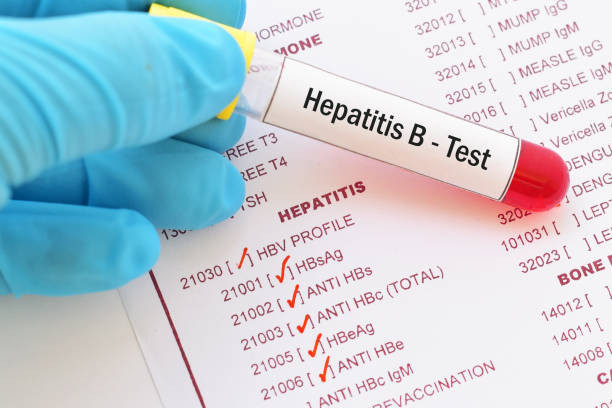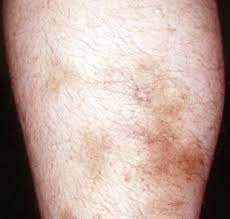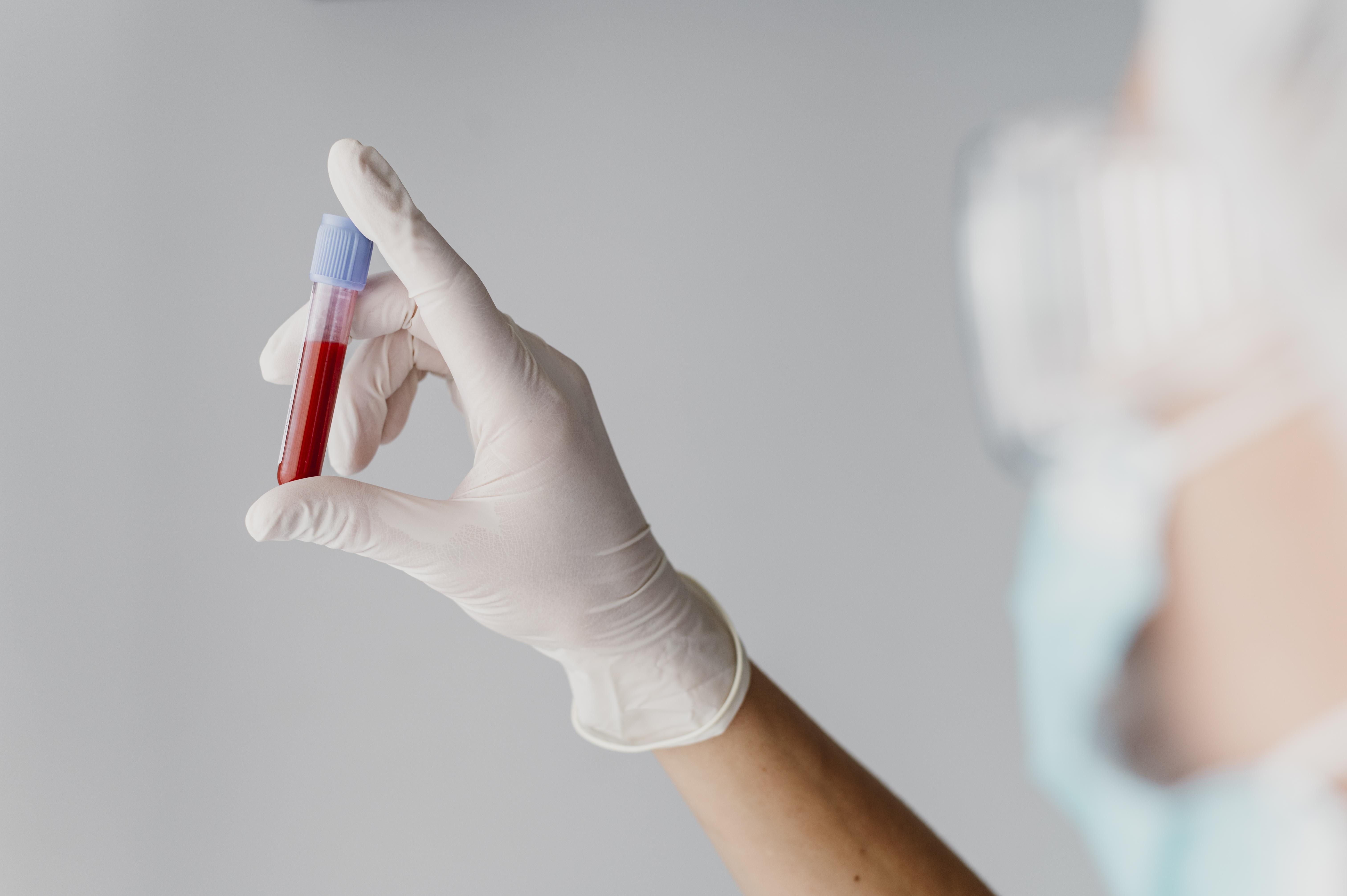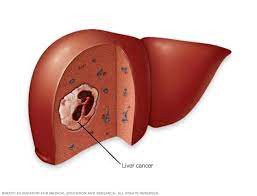Definisi
Anti-HBs (Surface Hepatitis B Antibody) adalah suatu protein antibodi yang dilepaskan oleh sistem kekebalan tubuh sebagai bentuk respon perlawanan terhadap infeksi virus hepatitis B. Ketika tubuh terpapar atau terinfeksi virus hepatitis B maka sistem kekebalan tubuh akan memberikan perlawanan dan respon terhadap virus hepatitis B. Proses perlawanan ini akan membentuk antibodi terhadap virus hepatitis.
Pembentukan antibodi ini spesifik hanya terhadap virus hepatitis B. Hal ini dikarenakan virus hepatitis B memiliki struktur protein permukaan atau disebut dengan antigen permukaan. Struktur ini sangat unik pada virus hepatitis B. Nantinya, antigen permukaan yang unik akan dikenali oleh sistem kekebalan tubuh dan akan membentuk antibodi spesifik terhadap virus ini.
Oleh karena itu, adanya antibodi hepatitis B dalam tubuh menandakan bahwa pernah terinfeksi virus hepatitis B atau pasca mendapat vaksin hepatitis B. Dengan adanya antibodi spesifik virus hepatitis maka sistem kekebalan tubuh sudah dapat mengenali virus ini jika terjadi infeksi virus hepatitis B kembali.
Antibodi virus hepatitis B terdapat dua macam yaitu antibodi IgM (Imunoglobulin M) dan IgG (Imunoglobulin G). Imunoglobulin M (IgM) adalah antibodi yang terbentuk saat awal infeksi terjadi. Kemudian antibodi ini akan menghilang. Sedangkan Imunoglobulin G (IgG) adalah antibodi yang terbentuk dalam jangka waktu lama dan dapat bertahan dalam tubuh bertahun-tahun. Namun, antibodi akan berkurang seiring berjalannya waktu.
Anti-HBs dapat terdeteksi dalam tubuh melalui pemeriksaan anti-HBs. Pemeriksaan ini bertujuan untuk mengetahui pernah mengalami infeksi virus hepatitis sebelumnya. Atau pemeriksaan ini dapat memberikan informasi bahwa Anda pernah terinfeksi, sudah sembuh dan tubuh sudah membentuk kekebalan terhadap virus hepatitis B.
Selain itu, pemeriksaan anti-HBs juga dapat dilakukan untuk menentukan respon kekebalan tubuh setelah menjalani vaksinasi hepatitis B. Sebagai salah satu cara mengetahui vaksinasi berhasil atau tidak dengan terbentuknya antibodi hepatitis B. Namun pemeriksaan anti-HBs pasca menjalani vaksinasi tidak rutin dilakukan.
Infeksi virus hepatitis B dapat menyebabkan penyakit hepatitis B. Virus ini menimbulkan infeksi pada organ hati. Penyakit hepatitis B dapat terjadi pada beberapa kelompok yang berisiko baik pada dewasa maupun anak-anak. Infeksi virus ini dapat melalui darah, hubungan seksual dan juga jaringan plasenta ibu ke janin. Oleh karena ini pemeriksaan anti-HBs ini dapat membantu mengetahui seseorang penah mengalami infeksi virus hepatitis B atau tidak sebelumnya walaupun tidak menunjukkan gejala.
Indikasi
Pemeriksaan anti-HBs perlu dilakukan pada beberapa kelompok yang memiliki risiko tinggi terpapar dan terinfeksi virus hepatitis B seperti di bawah ini:
- Bayi yang lahir dari seorang ibu yang mengalami infeksi virus hepatitis B
- Pasangan seksual dari orang yang terinfeksi virus hepatitis B
- Berhubungan seksual lebih dari 1 pasangan dalam 6 bulan terakhir
- Memiliki riwayat mengalami infeksi menular seksual
- Homoseksual (pria berhubungan seksual dengan sesama pria)
- Menggunakan narkoba jenis jarum suntik
- Berkontak erat dengan orang yang terinfeksi virus hepatitis B misal serumah
- Tenaga kesehatan yang bekerja dan berkontak dengan darah atau cairan tubuh dari seorang yang mengalami hepatitis B
- Tinggal di daerah dengan kejadian hepatitis B sangat tinggi atau pasca bepergian ke daerah tersebut
- Orang yang tinggal dan bekerja di penjara
Kontraindikasi
Tidak terdapat kontraindikasi khusus yang menimbulkan pemeriksaan anti-HBs tidak dapat dilakukan. Pemeriksaan ini umumnya aman dilakukan pada semua kelompok usia. Karena pemeriksaan ini menggunakan sampel darah rutin yang diambil oleh petugas kesehatan melalui pembuluh darah Anda.
Persiapan Sebelum Pemeriksaan
Tidak ada persiapan khusus yang perlu Anda lakukan sebelum pemeriksaan dilakukan. Namun sebaiknya Anda informasikan gejala yang dialami dan juga seluruh riwayat lainnya dengan benar. Seperti pasangan seksual, penggunaan narkoba, pekerjaan Anda, riwayat perjalanan dan tempat tinggal. Hal ini dapat membantu dokter menyesuaikan hasil pemeriksaan yang diperoleh dengan riwayat Anda. Serta dapat menentukan diperlukan pemeriksaan penanda hepatitis B lainnya atau tidak.
Prosedur Pemeriksaan
Pemeriksaan menggunakan sampel darah yang diambil dari pembuluh darah vena. Berikut prosedurnya:
- Petugas akan menentukan lokasi pengambilan sampel darah yaitu pada lipatan lengan.
- Petugas akan memasang karet pengikat (tourniquet) pada lengan dan memberikan instruksi mengepalkan tangan.
- Petugas akan membersihkan kulit lipatan lengan dengan cairan antiseptik seperti kapas alkohol atau swab alkohol.
- Setelah kering petugas akan menusukkan jarum suntik pada lokasi pengambilan sampel.
- Darah akan ditampung pada tabung jarum suntik sesuai dengan kebutuhan yaitu sekitar 0.3 mL-0.5 mL.
- Selanjutnya tourniquet akan dilepas. Selanjutnya jarum suntik akan diangkat dari lokasi penyuntikan dan menekan bekas tempat penyuntikan dengan kapas alkohol.
- Sampel darah siap untuk dikirim ke laboratorium dan dilakukan analisis menggunakan suatu alat.
Nilai Normal dan Abnormal
Kadar antibodi terhadap virus hepatitis B dalam darah dapat diukur dalam satuan mIU/mL (mili international unit per mililiter). Berikut ini adalah rentang kadar anti-HBs yang dapat diukur dalam darah.
|
Kadar Anti-HBs (mIU/mL) |
Keterangan |
|
< 5.00 |
Negatif |
|
>5.00 - <12.00 |
Tidak dapat ditentukan |
|
>12.00 |
Positif |
Tabel 1. Kadar anti-HBs dalam darah
Sumber: CDC (Centers for Disease Control and Prevention)
Nilai Normal
Berdasarkan tabel di atas menunjukkan bahwa nilai normal dari pemeriksaan anti-HBs jika kadar anti-HBS <5.00 atau tidak terdeteksi sama sekali dalam darah. Nilai ini menunjukkan bahwa hasil pemeriksaan negatif. Artinya dalam tubuh Anda tidak terdapat antibodi terhadap virus hepatitis B atau tidak ada kekebalan terhadap virus tersebut.
Nilai Abnormal
Nilai abnormal jika didapatkan kadar anti-HBs >12.00 dalam darah. Nilai ini menandakan pemeriksaan anti-HBs positif. Artinya terbentuk antibodi atau kekebalan terhadap virus hepatitis B.
Selain itu, pemeriksaan anti-HBs dapat menunjukkan hasil indeterminate (tidak dapat ditentukan). Pada kategori ini kadar anti-HBs berada di rentang >5.00 - <12.00. Sehingga status kekebalan terhadap virus hepatitis tidak dapat ditentukan.
Hasil dan Saran (Pemeriksaan Lanjutan)
Negatif
Jika hasil pemeriksaan anti-HBs Anda negatif. Maka menunjukkan bahwa tidak ada antibodi atau kekebalan terhadap virus hepatitis B. Artinya Anda tidak pernah terpapar virus hepatitis B atau terinfeksi virus hepatits B. Sehingga Anda saat ini dalam kondisi sehat. Akan tetapi, Nilai negatif dari pemeriksaan anti HBs juga dapat terjadi pada beberapa kondisi seperti infeksi kronik virus hepatitis B, pernah terinfeksi virus hepatitis B namun kadar antibodi sudah rendah atau mulai hilang atau sudah masuk dalam kategori sembuh dari infeksi. Oleh karena itu, dokter akan menyarankan dilakukan pemeriksaan penanda hepatitis B lainnya seperti pemeriksaan HBsAg dan HbcAg untuk mengetahui Anda mengalami infeksi virus hepatitis B atau tidak. Dan menentukan status infeksi saat ini. Selain itu, dokter juga akan menyesuaikan dengan gejala, riwayat Anda dan pemeriksaan fisik yang dilakukan oleh dokter.
Namun jika pemeriksaan anti-HBs negatif pasca menjalani vaksinasi hepatitis. Maka hasil pemeriksaan negatif menunjukkan sistem kekebalan tubuh tidak memberikan respon terhadap vaksin hepatitis B yang disuntik atau vaksinasi tidak berhasil dan perlu dievaluasi lebih lanjut.
Positif
Apabila hasil pemeriksaan anti-HBs positif . Artinya terdapat antibodi atau kekebalan dalam tubuh Anda terhadap protein permukaan virus hepatitis B. Selain itu, hasil ini juga menunjukkan bahwa Anda pernah terinfeksi virus hepatitis B dan memasuki proses penyembuhan dari infeksi virus hepatitis B yang baru terjadi atau infeksi yang sudah lampau. Untuk menentukan status infeksi yang terjadi pada Anda saat ini, dokter akan merekomendasikan pemeriksaan lainnya yaitu pemeriksaan HBsAg dan HBcAB. Dari pemeriksaan ini dapat memberikan gambaran adanya infeksi akut atau kronik dari virus hepatitis B. Namun jika pemeriksaan anti-HBs positif setelah melakukan vaksinasi hepatitis B. Maka hasil ini menunjukkan bahwa vaksinasi yang Anda lakukan berhasil dan sudah terbentuk kekebalan terhadap virus hepatitis B.
Indeterminate
Jika hasil pemeriksaan anti-HBs justru menunjukkan hasil indeterminate (tidak dapat ditentukan). Maka perlu dilakukan pemeriksaan ulang. Karena hasil ini tidak dapat menentukan status kekebalan atau antibodi dalam tubuh Anda terhadap virus hepatitis B.
Konsultasikan Ke Dokter Yang Tepat
Segera konsultasikan ke dokter umum atau dokter penyakit dalam terdekat apabila hasil pemeriksaan anti-HBs Anda positif. Karena hal ini menunjukkan tubuh Anda mengalami infeksi virus hepatitis B dan dibutuhkan pengobatan dan penanganan lebih lanjut supaya tidak terjadi komplikasi dari penyakit hepatitis B.
Mau tahu informasi seputar hasil pemeriksaan laboratorium, radiologi, dan lainnya? Cek di sini, ya!
- dr Anita Larasati Priyono
Daniel, C. (2021). The Hepatitis B Surface Antibody (HBsAb) Test. MedicalNewsToday. Retrieved 2 July 2022, from https://www.verywellhealth.com/hbsab-hepatitis-b-surface-antibody-1759935
Hepatitis B Surface Antibody, Quantitative – questdiagnostics. (2020). Retrieved 2 July 2022, from https://www.questdiagnostics.com/healthcare-professionals/clinical-education-center/faq/faq105
Interpretation of Hepatitis B Serologic Test result – Centers for Disease Control and Prevention. cdc.gov. (2019). Retrieved 2 July 2022, from https://www.cdc.gov/hepatitis/hbv/pdfs/serologicchartv8.pdf
Hepatitis B Blood Tests – Hepatitis B Foundation. (2020). Retrieved 2 July 2022, from https://www.hepb.org/prevention-and-diagnosis/diagnosis/hbv-blood-tests/
Hepatitis B Surface Antibody, Qualitative/Quantitative, Serum – Mayo Clinic Laboratories. (2022). Retrieved 2 July 2022, from https://www.mayocliniclabs.com/test-catalog/Overview/8254#Clinical-and-Interpretive
Hepatitis B Testing – Testing.com. (2022). Retrieved 2 July 2022, from https://www.testing.com/tests/hepatitis-b-test/











